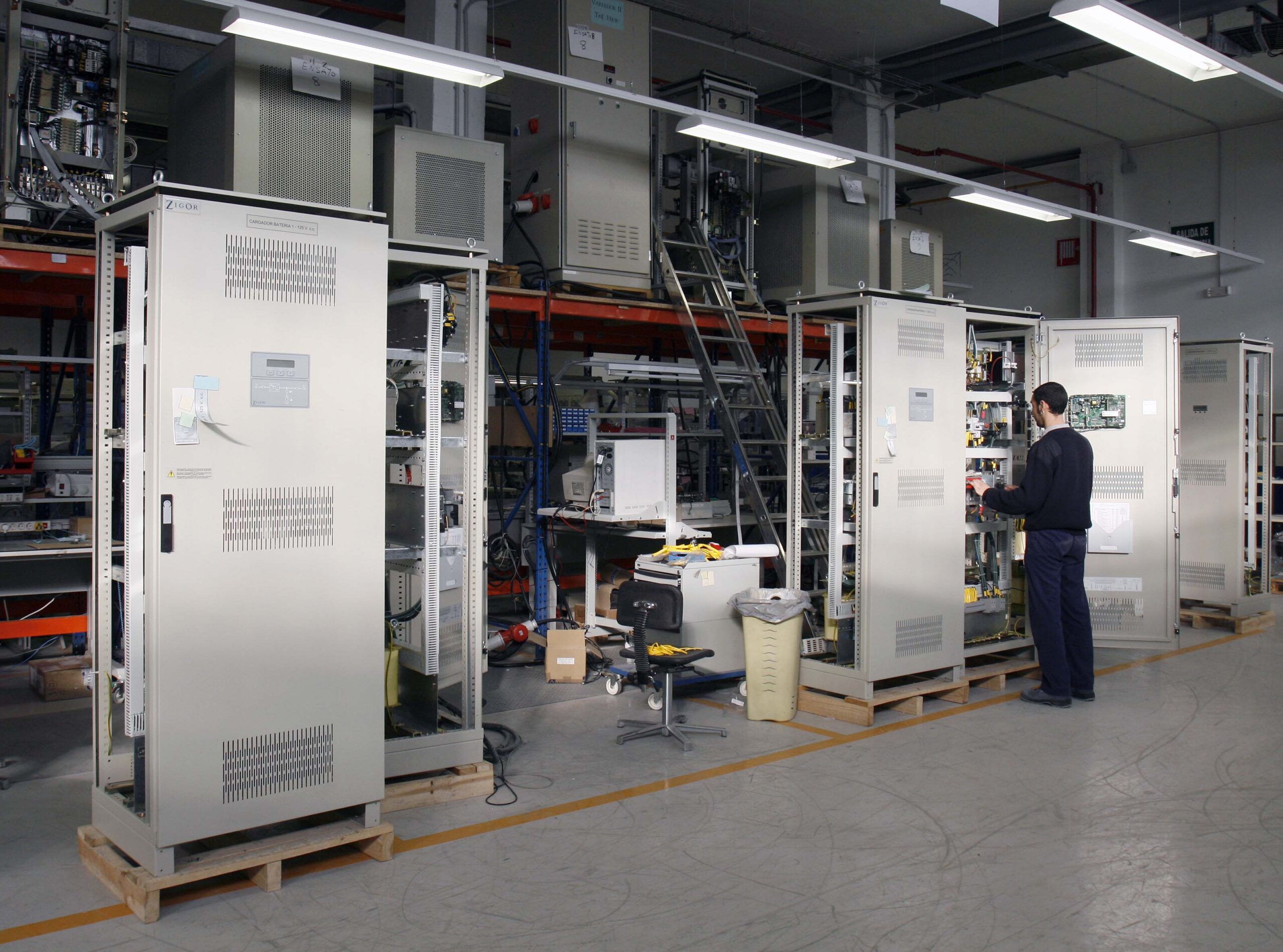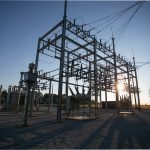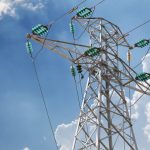Energy storage systems or smart electricity grids help increase the safety and resilience of the electric system in the event of earthquakes and other natural disasters.
Recent events, such as the earthquake that affected Granada and Malaga or the electrical interconnection line with France problem that led to a power cut in a number of Spanish provinces, show how important it is to have a robust, resilient electricity grid with all the necessary protections so as to prevent any interruption of the local supply or even a total collapse of the system.
Both the economy and society constantly and almost entirely depend on power to over most of their requirements. Accordingly, they can come to a standstill should the electricity grid fail at any time.
In the event of natural disasters, events that originate at specific points on the power grid can extend across the grid, even resulting in a nationwide blackout. Accordingly, supply safety has become a cause for concern for national and international organisations and governments.
Electricity grids must be prepared to withstand natural disasters
The solution to these safety risks lies in the design and planning of electricity grids taking account of the possible effects of earthquakes and other natural disasters. Their resilience to such events must also be improved. To this regard, it is important to make use of innovations which make use of state-of-the-art technologies. Energy storage systems or smart electricity grids are just some examples of this.
ZGR strives to develop robust, resilient and smart grids. We offer energy storage solutions using batteries and smart modular systems. For example, we have developed a range of:
- Solar inverters.
- Smart two-way converter.
- State-of-the-art modular storage.
All of these facilitate the supply of quality, robust and stable energy in the event of any kind of incident
“Our energy line is designed to provide photovoltaic energy conditioning solutions for it to be transmitted, distributed, stored, consumed and hybridised with other energy sources,” says Iñigo Segura, CEO of the company.
These solutions contribute to making grids more flexible and easier to manage. They also increase the safety and resilience of the electric system in the event of earthquakes and other natural disasters. In short, they promote advanced infrastructures, which are necessary for a freer, fairer, more competitive and safer society.







